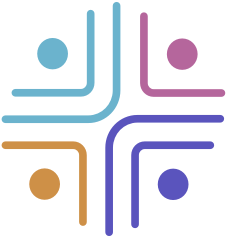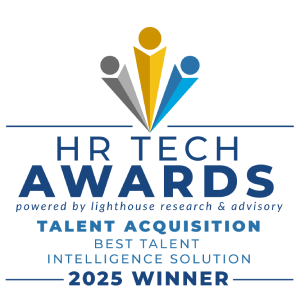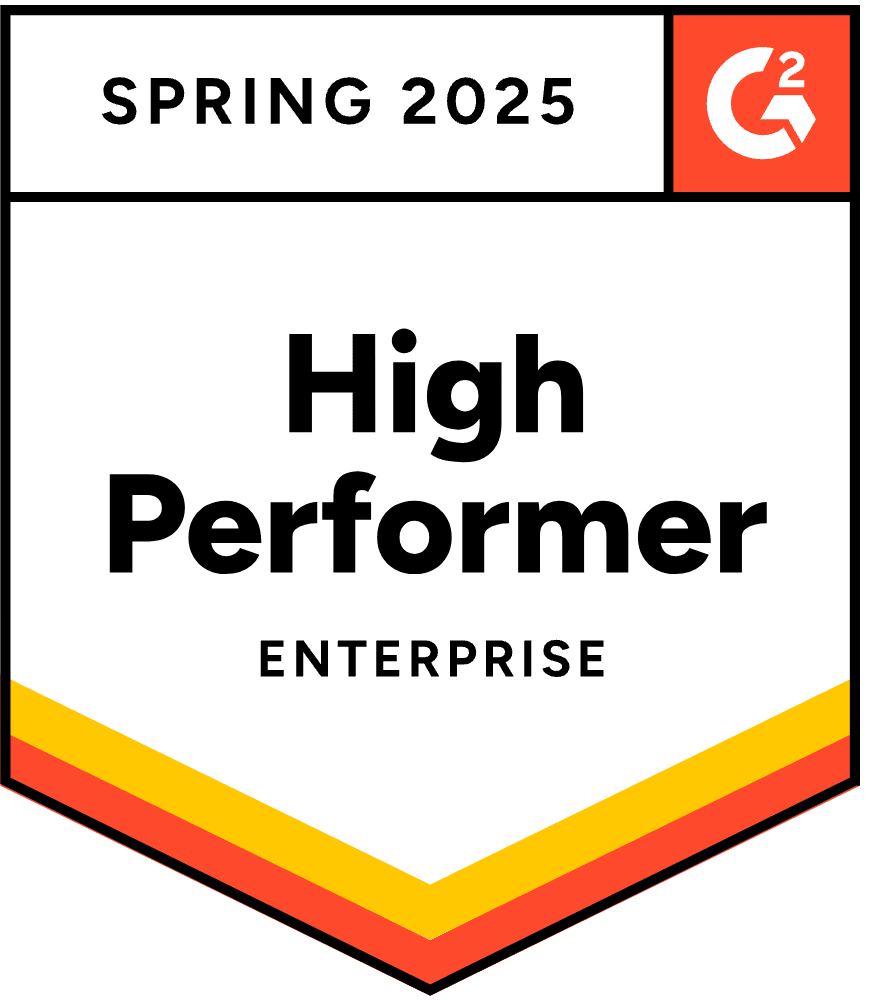The HR tech market has been all the rage lately, with new vendors and technologies coming in every year. In fact, according to Fortune Business Insights, global human resource technology spending is expected to grow from USD 24 billion to USD 35 billion by 2028. This means that there are plenty of options for companies looking to invest in HR tech platforms, but it can be challenging and confusing to find the “right” solution amidst all these options.
When purchasing recruitment software, HR leaders want to be good stewards of their organization’s resources and find a platform that will be an excellent fit for the long haul. Let’s take a look at how to avoid common pitfalls in the evaluation process.
Avoid these 6 Mistakes when Buying a Hiring Software
Hiring software makes the lives of recruiting teams easier by saving time and money and improving efficiency and candidate experience. These benefits are often the main thrust behind HR leaders wanting to adopt hiring solutions.
Nevertheless, choosing software that fulfills your hiring needs and removes the burden from hiring teams is not as simple as it looks. If you are looking to purchase new hiring software this year, here are some common mistakes to avoid.
- Neglecting to involve all relevant stakeholders in the decision-making process
One of the biggest mistakes HR leaders can make is to go solo and not involve anyone in the decision-making process. And this approach can have implications for all those involved, including hiring managers, recruiters, and other key decision makers who will be using the software on a daily basis. Overlooking stakeholders can result in a solution that does not fulfill organizational needs and causes frustration and low adoption rates. Moreover, it will also add to the expenses if you decide to invest in better-suited software later.
Instead, start out by holding a meeting with all key stakeholders to ensure that everyone is on the same page. Discuss business needs, goals, and tentative timelines to implement. If you have vendor options, get feedback! Decide your key criteria for features and vendor evaluations to shortlist top choices. Lastly, involve the finance team early on to get your budget right – you don’t want to find the software you love, only to realize that it is out of budget!
- Ignoring integration with current systems and processes
As we already mentioned, the current HR tech market is rife with new technologies and vendors, each promising something more, something better. In such a scenario, getting caught up in the bells and whistles and buying trendy software is extremely easy. When evaluating your options, pause and consider how they will integrate into your existing HR tech stack.
You can start by examining how data currently flows within your existing system (ATS, payroll, performance management, etc). This will help you identify any potential gaps when integrating with your new software. You should also evaluate the software’s API documentation to determine whether it supports the integration standards and protocols used by your existing software.
Your IT team is crucial in assessing the integration approach offered by the vendor. They can help you determine whether you need custom development or middleware, or third-party tools. Finally, test the integration in a sandbox environment to identify any potential issues before deploying the new solution.

- Underestimating the importance of user experience
After your employees, candidates are the next group who are most likely to interact with hiring software. When purchasing new hiring software, it is critical to assess how the solution will impact users.
You can conduct user research in small batches with your employees to identify the pain points of candidates and recruiters. This can include surveys, interviews and usability testing on the existing software.
Finally, take time to assess UX for the shortlisted solutions and pay special attention to factors like ease of use, intuitive navigation, and overall design.
- Overlooking security and data privacy requirements
In this data privacy and security age, you simply cannot overlook how solutions store and protect crucial data. When choosing new hiring software, it’s crucial to ensure that it protects your company’s sensitive information and complies with privacy regulations. Look for software that encrypts data during transmission and storage, limits access to authorized users, and uses multi-factor authentication. The software should also comply with privacy regulations like GDPR and CCPA, and have policies for data retention and disaster recovery. Regular penetration testing, employee training, and audit logs are essential.
It’s also important to check for compliance certifications and security standards like ISO 27001, SOC 2, NIST Cybersecurity Framework, and PCI DSS. These show that the vendor has established and follows strict security practices. Be sure to consult with your IT department and legal team to ensure that the software meets your organization’s specific security and privacy requirements.
- Failing to consider long-term costs and scalability
When it comes to cost, there may be additional charges to account for before purchasing software. For instance, there could be long-term costs associated with the solution, such as licensing fees, maintenance costs, and upgrades. Similarly, in some cases, the implementation cost might be higher than the monthly costs. Keep these factors in mind when talking to potential vendors.
Additionally, scalability is a vital aspect to consider given evolving business needs and the HR department’s requirements. A solution that is not scalable may become a bottleneck in the future, limiting the organization’s ability to grow and change. If every upgrade or change is going to cost you significantly, it might be best to consider other options.
- Not Asking the Right Questions
The objective of setting up vendor meetings and presentations is to provide you with the opportunity to see the software in action and ask questions. Being passive during demos will cause you to miss out on essential information that might impact your decisions. Moreover, vendors do not always present all the right information.
Instead, research in advance, create an agenda, and keep a list of questions ready that will help you get accurate information. Here’s a sample list of questions to consider:
Business considerations
- What other organizations in the industry use the tool, and how has their experience been?
- Can I speak to some of the HR teams already using the software?
- How prompt is the customer support team?
- What kind of technical support and response time is available?
- How long does it take to get the software up and running?
- What does your costing framework look like?
Technical considerations:
- Does the software have a test environment?
- Is the HR software tool on-premises or cloud-based?
- How does customization work? Can we customize the system to meet our organizational needs?
- What tools does your software integrate with?
Customer success:
- How do you provide training to understand and adopt the software? Who will provide the training? Does the training have any additional charges?
- Do you provide additional support to transition and integrate the software with our current systems?
- Can you provide information regarding ease-of-use?
Security and compliance:
- Is your software accredited? Is it GDPR compliant?
- How and where is our data stored?
- How is my employee data protected?
- What happens in case of a security breach?
Conclusion
HR leaders should be cautious when purchasing new hiring software, taking the time to carefully evaluate all relevant factors and considerations. By avoiding these six common mistakes, you can ensure that the solution you select meets the needs of the organization, supports your teams’ goals and objectives, and delivers long-term value.
Joveo works with companies of all sizes and across industries, globally. Request a demo today and follow us on Twitter and LinkedIn to see how Joveo can help you get the most out of your recruitment advertising.















